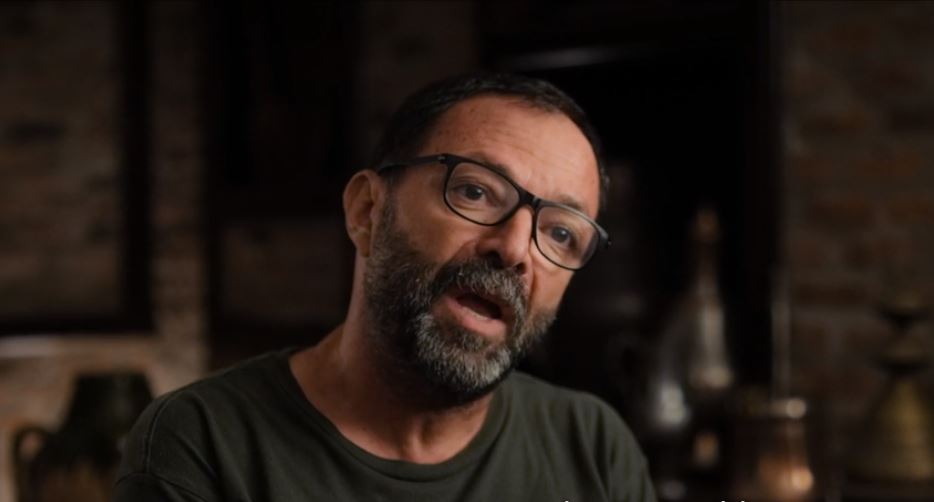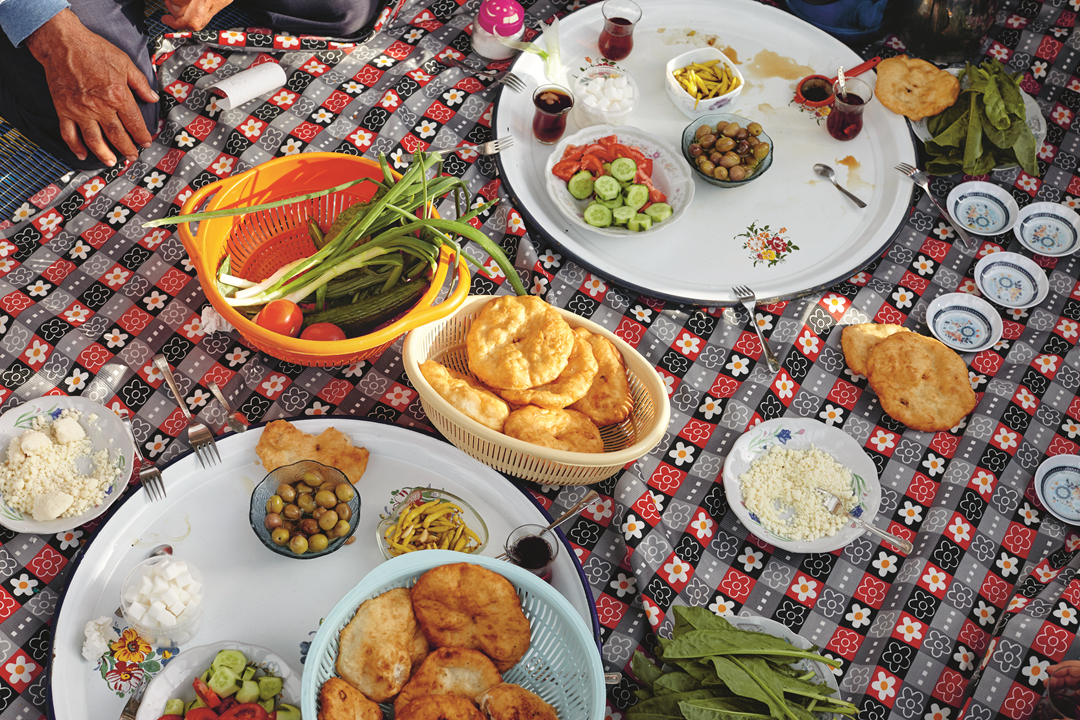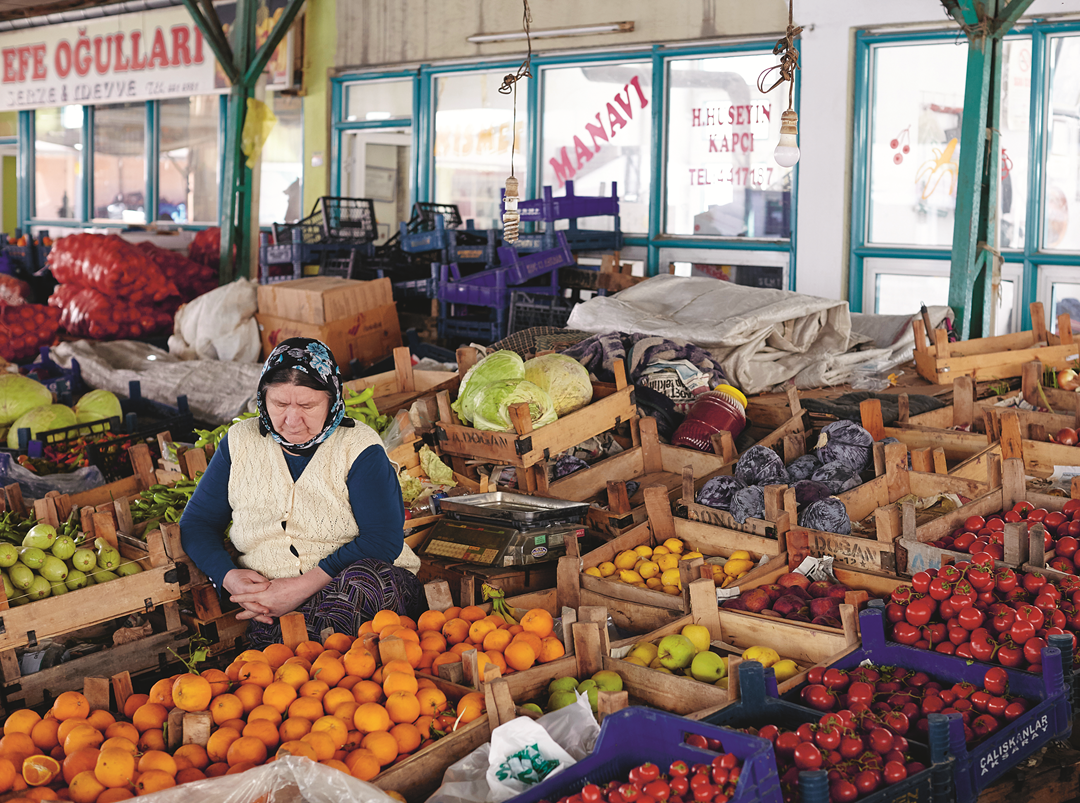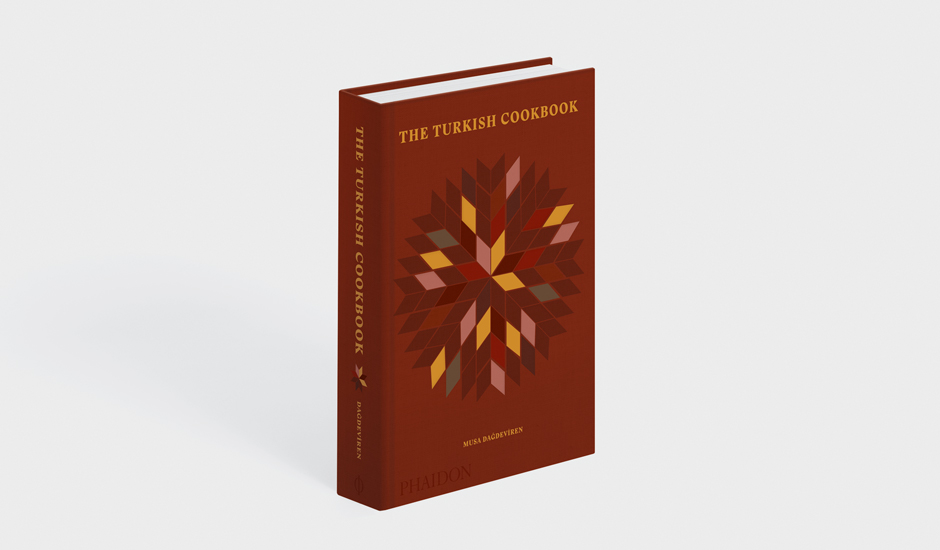
How well do you know the author of The Turkish Cookbook?
Flavours and faiths, classical music and a quarterly magazine - the ingredients that make up Musa Dağdeviren
Many well-known chefs make their name by remaking their national cuisine. From Italy to the Amazon, California to the Nordic region, many a reputation rests on the redeveloping of regional ingredients and recipes using modern techniques, to suit contemporary tastes.
Musa Dağdeviren, however, is different. This Turkish chef, author of our new Turkish Cookbook, and the subject of a Netflix Chef’s Table episode, doesn’t care about modernization. Instead, he wants to preserve his country’s culinary heritage as carefully as possible.
Born in south-eastern Turkey in 1960, Dağdeviren spent a great deal of time with his mother, learning her cookery techniques and recipes, before beginning work at his uncle’s bakery, aged just five.

Aside from his successful restaurant business, the chef is also an amateur anthropologist and historian; and publishes Yemek ve Kültür (Food and Culture), a quarterly magazine, and also runs his own publishing house, Çiya Yayınları, which has reprinted the first Ottoman-Turkish cookbook as well as many others on Anatolian food.
Yet, despite all the pride he takes in his country’s cuisine, he’s careful to avoid nationalism, and instead appreciates all the diverse cultures that are at play in modern Turkey. "The world is an open table,” he writes in the introduction to his new book. “We should enjoy it instead of focusing on how to separate flavours and faiths. Instead of praising the Armenians for their skill in olive oil dishes, the Kurds for meat, Turks for pastries, Ottoman Greeks for their seafood, we could coexist, with mutual respect to each other’s values, faiths and way of life.”
During his episode of the Chef’s Table, he shows young chefs how to make ferdali, a precursor to the modern-day kebab. Yet he also makes it clear that he plays classical music in his restaurants, because he wants the diners to view Turkish cuisine with the same kind of cultural respect usually reserved for Mozart (or Western European cookery).

In fact, even the name of his restaurants, Çiya, shows how deeply Dağdeviren’s thinking goes. The word means spark in the Laz language (spoken on the Black Sea coast of Turkey, up by the border with Georgia), brazier in Ottoman Greek and mountain in Kurdish. It is also the name of a Georgian children’s game and a popular song. And, perhaps soon it will become synonymous with great Turkish cookery from all over the country.

To find out more about this remarkable chef and his recipes, order a copy of The Turkish Cookbook here.